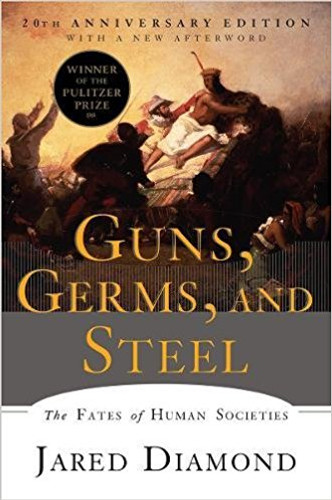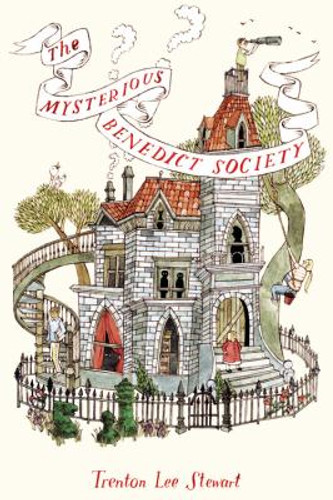Overview
From the authors of the international bestseller Why Nations Fail, a crucial new big-picture framework that answers the question of how liberty flourishes in some states but falls to authoritarianism or anarchy in others--and explains how it can continue to thrive despite new threats.Liberty is hardly the "natural" order of things. In most places and at most times, the strong have dominated the weak and human freedom has been quashed by force or by customs and norms. Either states have been too weak to protect individuals from these threats or states have been too strong for people to protect themselves from despotism. Liberty emerges only when a delicate and precarious balance is struck between state and society.
There is a Western myth that political liberty is a durable construct, a steady state, arrived at by a process of "enlightenment." This static view is a fantasy, the authors argue; rather, the corridor to liberty is narrow and stays open only via a fundamental and incessant struggle between state and society. The power of state institutions and the elites that control them has never gone uncontested in a free society. In fact, the capacity to contest them is the definition of liberty. State institutions have to evolve continuously as the nature of conflicts and needs of society change, and thus society's ability to keep state and rulers accountable must intensify in tandem with the capabilities of the state. This struggle between state and society becomes self-reinforcing, inducing both to develop a richer array of capacities just to keep moving forward along the corridor. Yet this struggle also underscores the fragile nature of liberty. It is built on a fragile balance between state and society, between economic, political, and social elites and citizens, between institutions and norms. One side of the balance gets too strong, and as has often happened in history, liberty begins to wane. Liberty depends on the vigilant mobilization of society. But it also needs state institutions to continuously reinvent themselves in order to meet new economic and social challenges that can close off the corridor to liberty.
Today we are in the midst of a time of wrenching destabilization. We need liberty more than ever, and yet the corridor to liberty is becoming narrower and more treacherous. The danger on the horizon is not "just" the loss of our political freedom, however grim that is in itself; it is also the disintegration of the prosperity and safety that critically depend on liberty. The opposite of the corridor of liberty is the road to ruin.
The book, The Narrow Corridor: States, Societies, and the Fate of Liberty [Bulk, Wholesale, Quantity] ISBN# 9780735224384 in Hardcover by Daron Acemoglu;James A. Robinson may be ordered in bulk quantities. Minimum starts at 25 copies. Availability based on publisher status and quantity being ordered.
Details






